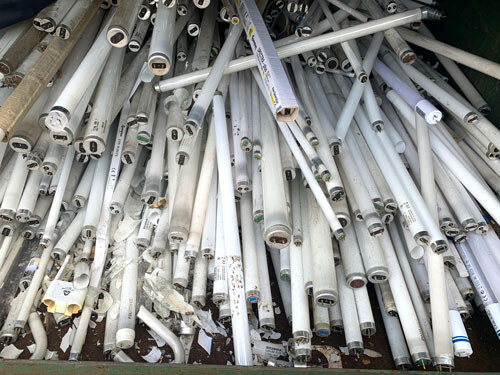
Tokyo, Seoul – In a significant move towards environmental sustainability, Japan and South Korea have announced plans to phase out the production and import of fluorescent lamps. This decision is driven by growing concerns over the environmental impact of mercury, a hazardous substance commonly found in these lamps.
Japan's Ministry of the Environment has confirmed that the production and import of all types of general lighting fluorescent lamps will be completely banned by the end of 2027. This decision aligns with the international Minamata Convention on Mercury, an environmental treaty designed to protect human health and the environment from the adverse effects of mercury. The ban will be implemented in stages, with compact fluorescent lamps being phased out in January 2027, followed by linear fluorescent lamps in January 2028.
South Korea is also taking steps to eliminate fluorescent lamps, albeit through a slightly different approach. The country is gradually raising the minimum energy efficiency standards for fluorescent lamps, making it increasingly difficult for manufacturers to produce and sell products that do not meet these stringent requirements.
The phase-out of fluorescent lamps is expected to accelerate the transition to LED lighting, which is more energy-efficient and does not contain mercury. To facilitate this transition, manufacturers have developed LED lamps that can be used as direct replacements for conventional fluorescent lamps, making the switch more convenient for consumers.
[Copyright (c) Global Economic Times. All Rights Reserved.]




























